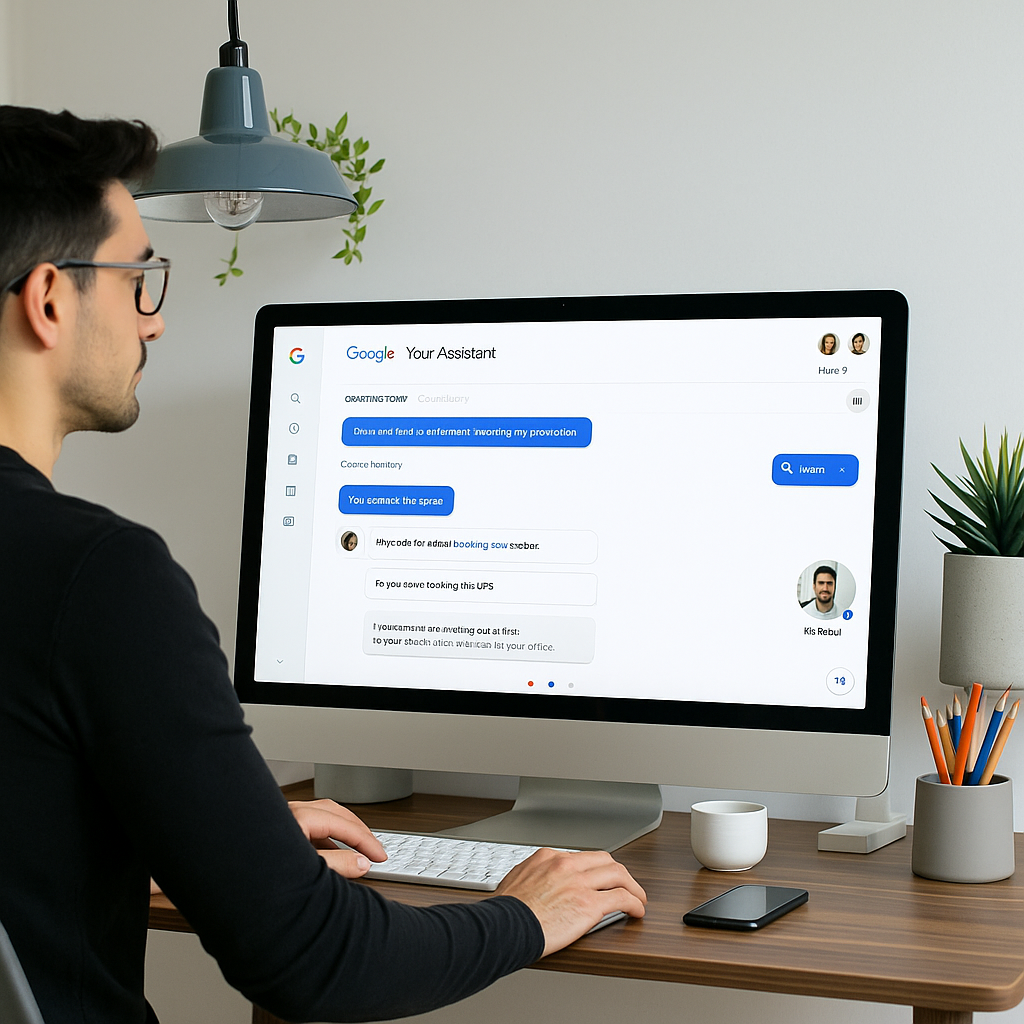The Influence of ChatGPT and AI Tools on Google Search Behavior
Recent survey findings reveal a shift in how users engage with Google Search, driven by the growing adoption of AI-powered tools like ChatGPT. These technologies offer a conversational and intuitive way to seek information, moving beyond traditional keyword-based queries. Users increasingly prefer AI assistants that provide immediate, context-aware responses, transforming search from a list of links into an interactive experience.

This change affects SEO strategies significantly. Content creators and marketers must consider how AI synthesizes answers from multiple sources rather than directing users to individual web pages. Searchers value personalized, concise responses, encouraging a focus on clarity, relevance, and authority instead of broad keyword targeting.
The integration of AI into search routines suggests conversational queries will become standard. This requires understanding natural language processing and user intent, and adapting content structure to align with AI-driven algorithms. Marketers need to rethink content creation and SEO to meet these evolving user preferences.
Shifts in Search Dynamics and User Behavior
Survey data shows Google’s share of general information searches dropped from 73% to just under 67% within six months, coinciding with a near tripling in ChatGPT adoption. Users seek conversational, immediate, and context-aware answers that traditional search engines struggle to provide. This shift is especially pronounced among younger demographics, who combine AI tools with social media platforms like TikTok and Instagram to fulfill information needs.
This blending of platforms signals a broader transformation in content discovery, moving beyond the classic search engine model. The rise in daily AI tool usage and platform switching indicates fragmentation in search behavior, challenging the assumption that Google is the default gateway to information. AI tools are also beginning to impact local search queries, an area where Google has traditionally dominated.
For SEO and digital marketing, these trends call for a reassessment of strategies. Content must be optimized for clarity, authority, and the ability to be synthesized into concise, conversational answers. Visibility now requires presence across multiple AI-driven platforms, not just ranking within Google’s search results. Understanding how AI prioritizes content is essential to maintaining reach amid diversifying search behavior.
The insights come from two surveys of 1,500 U.S. participants conducted in February and August, providing a reliable snapshot of evolving user preferences. The future of search involves interacting with intelligent assistants that integrate information from various sources, requiring new content formats and optimization techniques suited to AI’s conversational and context-sensitive nature.
Frequently Asked Questions About AI Tools and Search
Will AI assistants replace traditional search engines?
AI tools offer conversational, context-aware responses that complement rather than replace conventional search. Users appreciate quick, synthesized answers but still rely on search engines for deeper exploration and verification.
How does AI-driven search affect content visibility and SEO?
AI often generates responses by aggregating information from multiple sources. Content must be authoritative and clearly structured to be favored by these systems. Optimizing for straightforward, well-organized content that addresses user intent is increasingly important over targeting high-volume keywords.
What are the privacy implications of using AI assistants?
Users are concerned about data storage and protection during AI interactions. Transparency from AI providers about data handling is in demand, as people seek assurance that their personal information remains secure while benefiting from personalized recommendations.
How will search behavior evolve, especially among younger users?
Younger audiences blend AI tools with social media for information discovery, leading to fragmented search behavior across multiple channels. Digital marketing strategies must expand beyond traditional SEO to include visibility on AI platforms and social networks, adapting to a more conversational and integrated content delivery approach.
Conclusion
AI tools like ChatGPT are reshaping information search, shifting from keyword queries to natural, conversational interactions. This challenges marketers and SEO professionals to focus on clear, authoritative content that AI can interpret and present effectively. As users combine AI assistants with social media and other platforms, content discovery becomes more diverse and fragmented, requiring adaptable and broader digital visibility strategies.
For more details, read the original article on Search Engine Land. As noted by the article’s author, “Users increasingly prefer AI assistants that provide immediate, context-aware responses, transforming search from a list of links into an interactive experience.”













.png)

